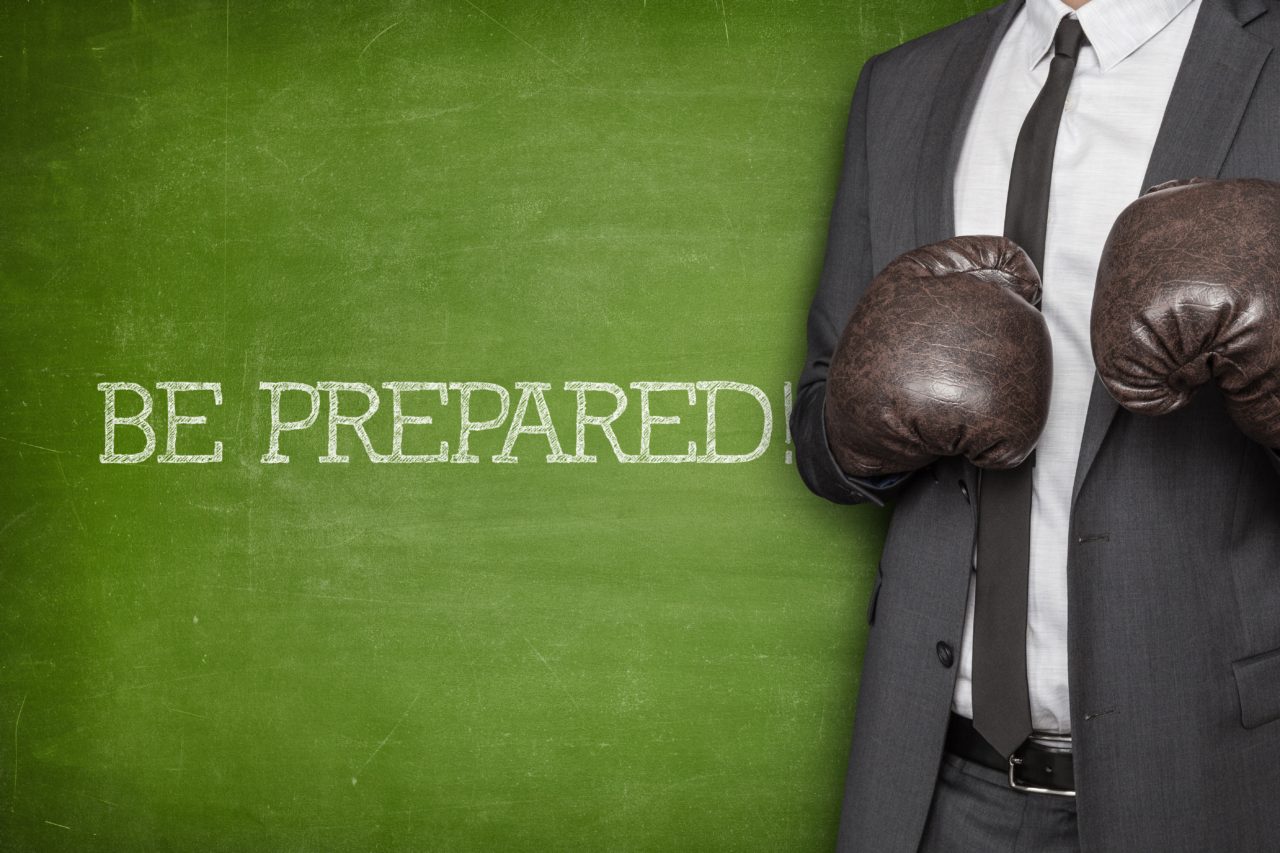As I mentioned in another post, I recently served on a panel of mediators — with Phil Adams, Randy James and Harold Stephens — at the Alabama State Bar’s annual meeting. Harold likened mediation to an “American Ninja Warriors” competition (referring to the popular NBC summer program). For one reason, Harold noted, successful competitors “never … Read More
Case Studies
How To Make Better Decisions In Mediations. And In Life.
Mediation can provide certainty in an uncertain litigation process. By design, it enables the client to have control (at least over their own decisions), in a judicial process that none of us can fully control. My role, simply put, is to try to help lawyers and their clients make good decisions with the information they … Read More
Advice for Your Clients In Mediation
Several years ago, I wrote a Best Practices article for the Associated Builders and Contractors (ABC), advising contractors approaching or participating in mediations. Below is a summary of that article — which should be helpful to any clients participating in mediations. Be Prepared. The three keys to success in any endeavor are preparation, preparation and … Read More
Making a Mediation Opening Statement
Should You or Shouldn’t You? I recently served on a panel of mediators at the Alabama State Bar’s annual meeting. One of the attendees asked the panel if we encouraged attorneys to make mediation opening statements. I was the sole panelist who said Yes. I believe opening statements are important; particularly when a mediation is … Read More




